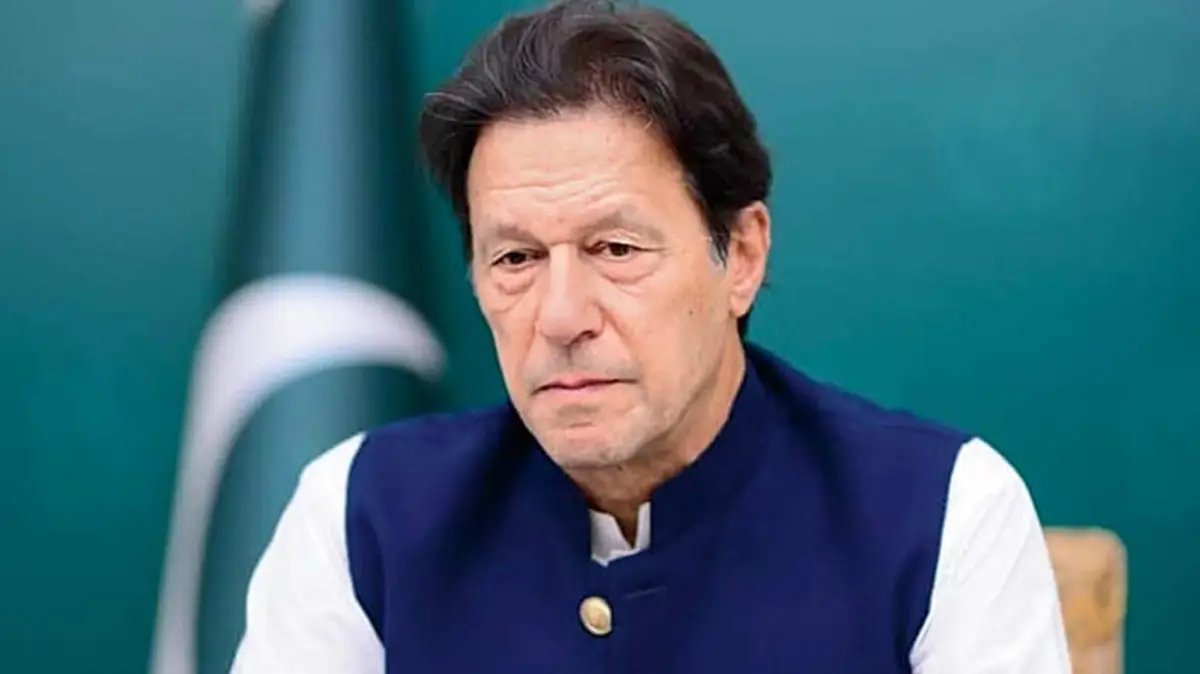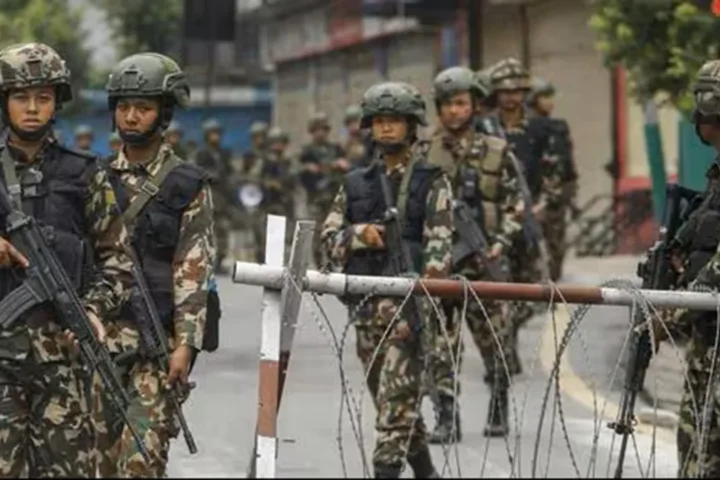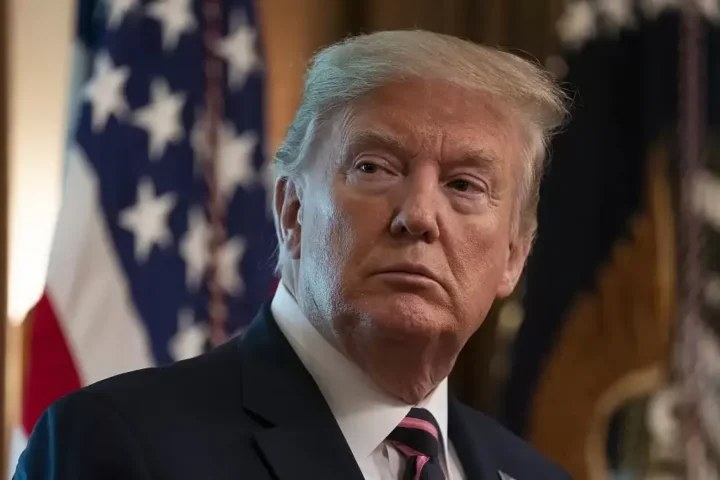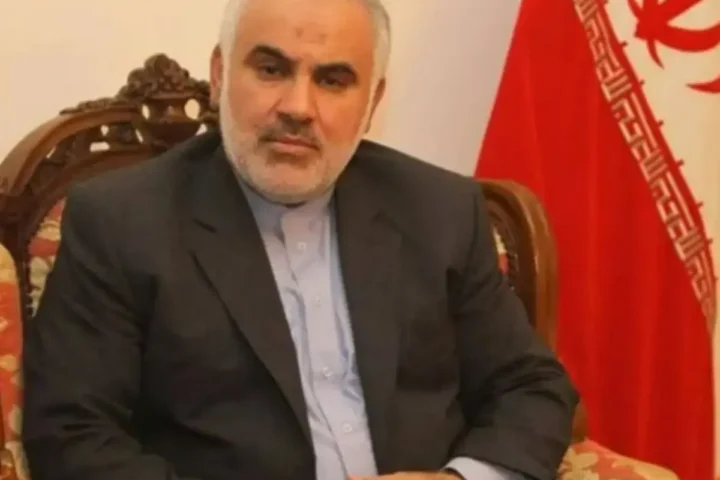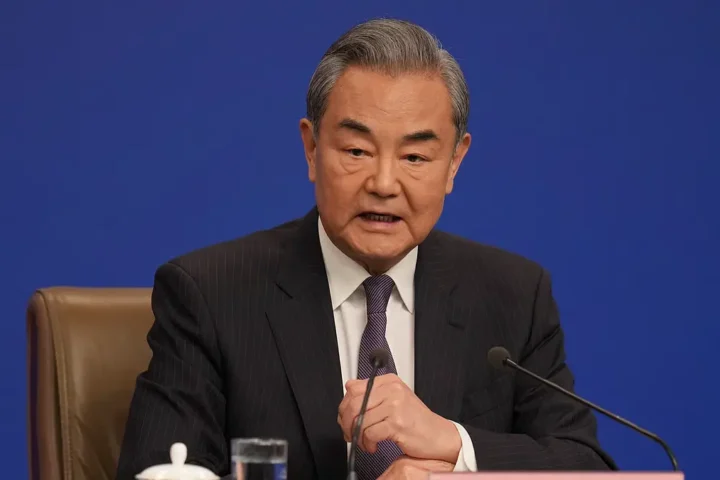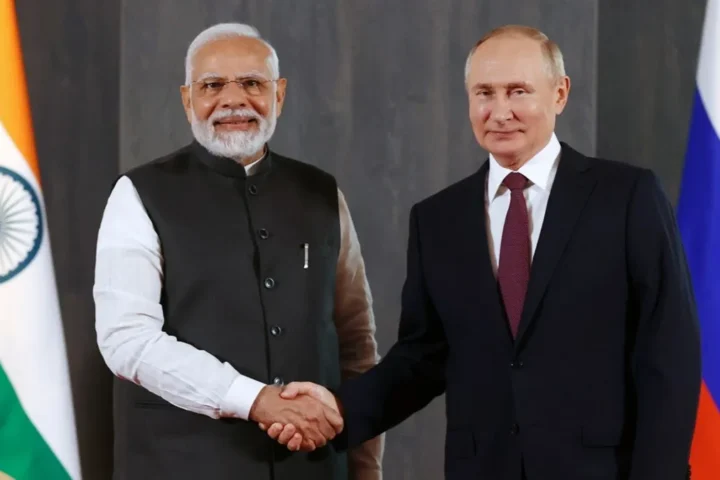Former Prime Minister Imran Khan has been sentenced to 14 years in prison on charges of defaming Pakistan’s military and inciting violence. This conviction has not only sent shockwaves through Pakistan but also deepened the ongoing political crisis in the country. The sentence marks a new chapter in Khan’s tumultuous relationship with the military, the judiciary, and his political rivals.
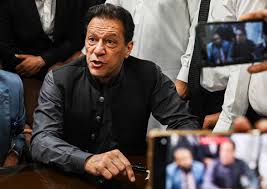
The Charges: A Direct Attack on the Military?
Imran Khan’s conviction arises from a 2022 rally where he accused Pakistan’s military leadership of orchestrating his ouster, claiming it was part of a “foreign conspiracy.” This sparked outrage among those who view the military as the ultimate authority in Pakistan’s politics. While his supporters argue the charges are politically motivated and aimed at silencing him, critics contend that Khan’s rhetoric undermined the military’s credibility. Given the military’s history of direct governance through coups, any criticism is sensitive. Khan’s defiant remarks heightened tensions, leading to a trial seen by many as part of a broader political struggle.
Political Rivalries and the Opposition’s Role
The political fallout from Khan’s conviction has been immediate and intense. The leader of Pakistan Tehreek-e-Insaf (PTI) has been a vocal critic of the political establishment, including the Pakistan Muslim League-Nawaz (PML-N) party, which is currently in power. His accusations against the military for orchestrating his removal from office in 2022 have been widely debated and have intensified the already strained relations between Khan’s PTI and the ruling elite.
The 14-year sentence will likely fuel political unrest, with Khan’s supporters already organizing protests and rallies demanding his release. These protests could lead to further polarization, as the country faces a growing divide between those who support Khan and the ruling government. With Pakistan heading towards upcoming elections, this division could significantly affect the electoral landscape, further intensifying the political struggle.
The Role of the Military: A Hidden Hand in Civilian Politics?
The controversy centers on the military’s dominant role in Pakistan’s politics. Historically, the military has intervened in governance and ruled through coups. While not in power now, its influence remains strong. Imran Khan, initially allied with the military, became increasingly critical as tensions rose. His accusations of military interference in his government’s affairs deepened the rift. The current military leadership likely sees Khan’s remarks as a direct challenge to its authority, with his conviction possibly signaling an attempt to reaffirm its dominance and question the future of civilian rule in Pakistan.
Interesting Read
Judicial Independence: A Key Concern
Imran Khan’s conviction has raised concerns about the fairness of Pakistan’s judiciary, with his supporters accusing the system of political bias. If perceived as unfair, the trial could damage public trust in the legal system and deepen divides between the government, military, and judiciary. Some legal experts argue that the judiciary must remain impartial to uphold the rule of law, but the handling of the trial has raised fears about judicial independence and the politicization of legal processes, which could impact Pakistan’s democracy long-term.
The Road Ahead: Imran Khan’s Future and Pakistan’s Political Landscape
As Imran Khan’s sentencing settles, it’s clear this is not the end of his political journey. His supporters are mobilizing, and his legal team plans to challenge the verdict. With strong backing from Pakistan’s youth and his criticism of the political system, Khan’s legal battles may further solidify his status as a martyr for democracy. However, his future depends on the increasingly polarized political climate and upcoming elections. If the conviction stands, it could set a precedent for handling political dissent in Pakistan. If overturned, it could shift the balance of power and reshape Pakistan’s political dynamics.
Conclusion: A Nation at a Crossroads
Imran Khan’s sentencing reflects the broader struggles within Pakistan’s political system, highlighting the complex relationship between civilian governments, the military, and the judiciary. It underscores the fragile state of democracy in Pakistan. The political and legal fallout from this case will shape the country’s future, presenting a choice between reinforcing existing power structures or pursuing a new path for democratic governance. The consequences of this case will extend far beyond the courtroom, influencing Pakistan’s political direction for years to come.

